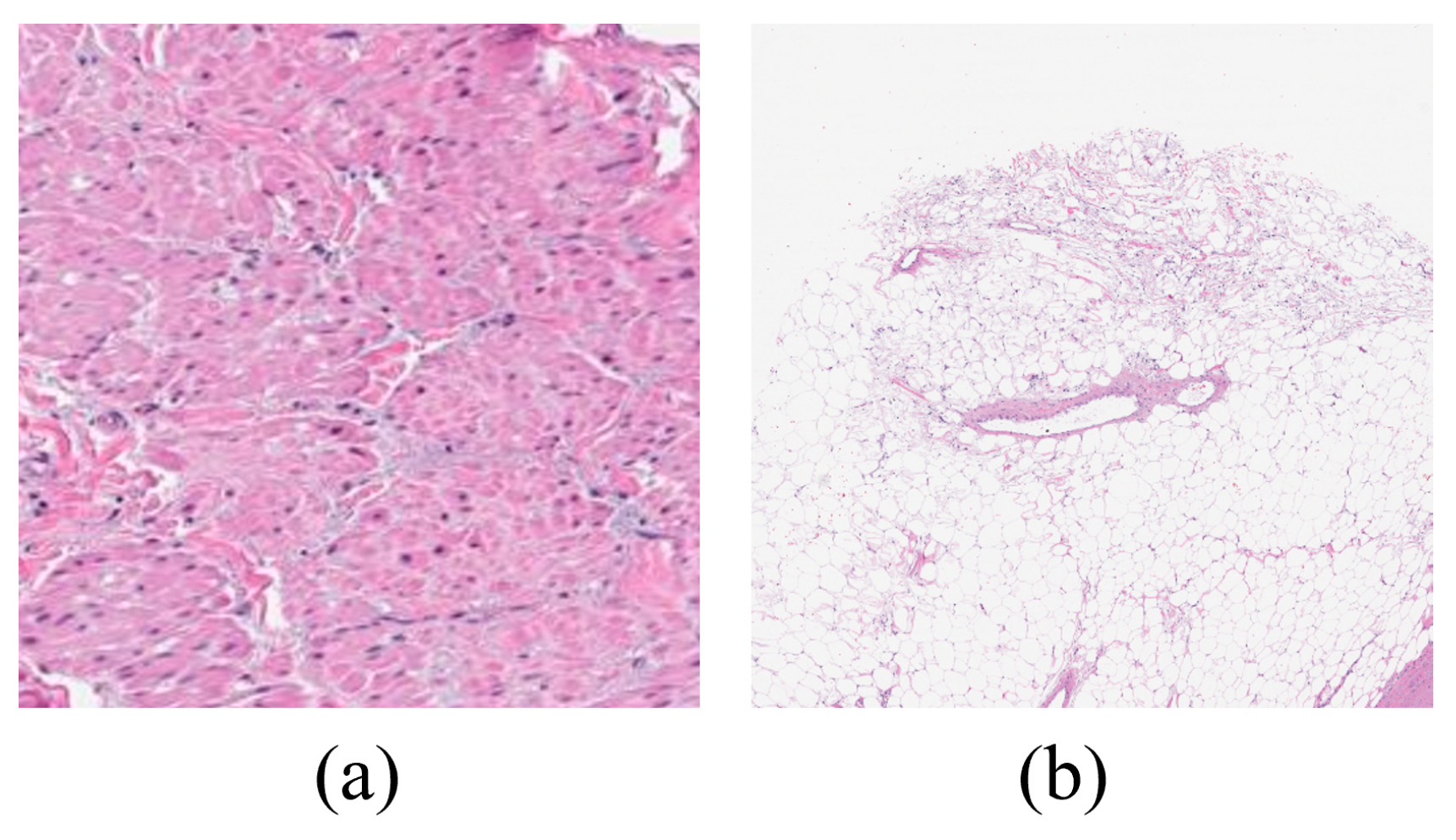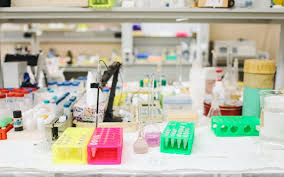Digital pathology slide analysis apps for cancer research created by Boston iOS developers

Digital pathology isn’t just about scanning slides anymore. It’s about accelerating research, transforming diagnostics, and using AI to unlock new cancer insights. And behind this transformation? You’ll find cutting-edge apps developed by Boston iOS developers working with leading software development companies.
Let’s explore how these developers are building smart, intuitive digital pathology slide analysis apps that are reshaping cancer research—from AI-powered slide interpretation to real-time collaboration tools for pathologists across the globe.
What is Digital Pathology and Why It Matters in Cancer Research?
Moving from Glass Slides to Pixels
Traditional pathology involves examining tissue samples under a microscope—a slow, manual process that depends heavily on human interpretation. Digital pathology flips the script by converting glass slides into high-resolution digital images, enabling analysis through apps and platforms.
It’s not just about convenience. These digitized slides can be stored, shared, enhanced, and analyzed using algorithms—making research faster, more consistent, and scalable.
The Role of Slide Analysis in Cancer Diagnosis
Cancer diagnostics rely on identifying patterns in cells—size, shape, clustering, anomalies. Manual interpretation can vary between experts, but digital apps offer standardized analysis. By training machine learning models on thousands of cancerous and non-cancerous images, apps can flag early warning signs with stunning accuracy.
This is especially useful in:
-
Breast cancer biopsies
-
Skin lesion screenings
-
Lung and colorectal cancer research
-
Brain tumor segmentation
And the more data they process, the smarter they get.
Boston—A Hub of Digital Health Innovation
Why Boston Leads in Healthtech
Boston isn’t just a city of history and baked beans—it’s a hotbed of health innovation. With Harvard Medical School, MIT, and dozens of hospitals, Boston’s ecosystem is perfect for building and testing digital pathology solutions.
Boston iOS developers are collaborating with healthcare institutions to create medical-grade apps that meet strict regulatory standards while still being easy to use.
Collaboration with Life Sciences and Hospitals
Many software development companies in Boston work directly with hospitals, biotech startups, and research labs. These collaborations help ensure that the apps meet real-world clinical needs—from workflow automation to HIPAA compliance and real-time AI diagnostics.
Digital pathology apps built here often get early access to massive data sets and clinical trial opportunities, which gives Boston developers a huge edge in refining algorithms.
Features That Make These Apps Stand Out
AI-Powered Image Analysis
Using machine learning, these apps can scan thousands of slides in minutes and detect anomalies like abnormal cell morphology, mitotic figures, or even metastatic spread. Some models reach 95%+ accuracy—matching or surpassing human specialists.
Examples of AI Use Cases
-
Tumor Border Detection: Clearly highlighting tumor margins for surgical planning
-
Cell Classification: Differentiating cancerous vs. non-cancerous cells automatically
-
Rare Pattern Recognition: Spotting rare mutations or conditions missed by humans
Real-Time Collaboration Tools
One of the most impactful features is cloud-based sharing. Researchers across the globe can view the same slide, annotate, and discuss findings in real time.
Boston iOS developers are integrating video calls, chat functions, and AR annotation overlays—making the app more than a viewer. It becomes a full collaborative workspace.
Secure Data Handling and HIPAA Compliance
When dealing with patient data, privacy is paramount. Apps developed by software development companies in Boston ensure full encryption, secure cloud storage, and compliance with both U.S. and international regulations.
Two-factor authentication, audit trails, and role-based access ensure only authorized professionals view sensitive slides.
Inside the Development Process
Working with Medical Experts
To build a useful digital pathology app, developers must first understand how pathologists work. Many Boston iOS developers spend weeks observing pathology labs, noting workflows, and mapping out pain points.
Building the App from the Ground Up
Once they understand the environment, the design process starts:
-
UX Wireframing – Simple navigation for complex tools
-
Backend Architecture – Scalable storage for terabytes of slide images
-
AI Integration – Training the app with labeled data sets from hospitals
-
Testing in Labs – Getting feedback from real users before release
Most apps go through multiple beta versions, often tested in partnership with Boston hospitals like Massachusetts General or Dana-Farber Cancer Institute.
Success Stories from Boston iOS Developers
Case Study 1: Breast Cancer Screening App
One Boston-based startup, in collaboration with MIT researchers, built an app that analyzes breast biopsy slides. The AI model, trained on over 1 million samples, flags malignancies with over 96% accuracy.
The app is now in pilot programs across Europe and Asia, aiding researchers in low-resource hospitals.
Case Study 2: Pediatric Oncology Tool
Another team of Boston iOS developers created a tool specifically for pediatric cancer pathologists. It uses computer vision to detect rare cancers in children, which often have subtle markers hard to catch with the naked eye.
Doctors report that the tool speeds up diagnosis time by 40%.
The Future of Digital Pathology in Cancer Research
Personalized Medicine and Big Data
As more pathology data is digitized, researchers can begin identifying patterns tied to individual genetic profiles. This opens the door for personalized treatment—matching therapies to the exact cancer variant each patient has.
Predictive Oncology
With enough historical data, AI models will soon predict how cancer is likely to evolve in a patient—offering early treatment strategies before the cancer spreads.
Apps will evolve from being diagnostic tools to predictive tools. That’s a game-changer.
Integration with Genomics and Radiology
Future apps will combine pathology slides with genetic data and radiology scans for a 360-degree view of the patient’s condition. These “multi-modal” platforms will become the new standard in research and treatment planning.
Boston developers are already working on early versions of these platforms.
Why Choose Boston iOS Developers for Healthtech Projects?
Domain Knowledge Meets Technical Expertise
Not every developer can handle medical-grade software. Boston iOS developers stand out because they combine medical literacy with coding expertise. Their familiarity with FDA regulations, clinical workflows, and medical UI/UX makes them perfect partners for hospitals and research centers.
Support from Established Software Development Companies
Many top software development companies in Boston offer end-to-end services—from ideation to launch to FDA submission support. This makes it easy for healthcare startups to scale their ideas without worrying about technical bottlenecks.
Conclusion: A Digital Revolution Led by Boston Innovators
Cancer research is moving faster than ever—and apps are a big part of that story. Digital pathology slide analysis apps allow researchers to work smarter, diagnose quicker, and collaborate globally. And at the heart of this movement are Boston iOS developers and trusted software development companies creating tools that are both clinically accurate and user-friendly.
In a field where every second counts, these apps aren’t just code—they’re hope. And thanks to Boston’s blend of tech, healthcare, and innovation, that hope is being delivered—one pixel at a time.






